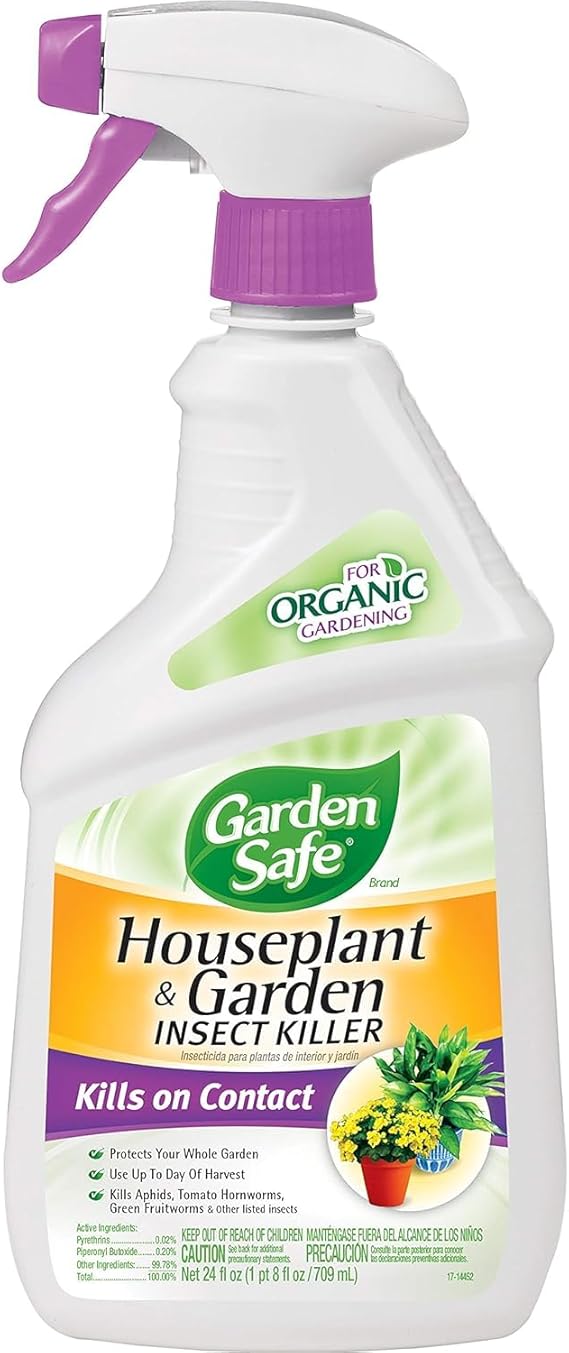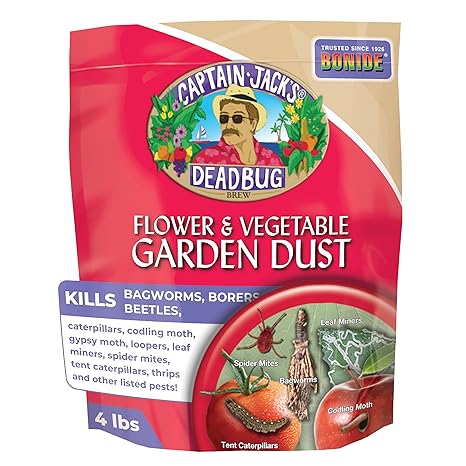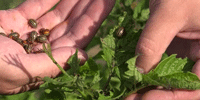Maintaining a thriving vegetable garden can be a rewarding experience, but battling bugs can be a significant challenge. Using natural methods to keep pests at bay ensures a healthy and environmentally friendly garden. Here are several effective strategies to naturally protect your vegetable garden from bugs.
Other Topics You Might Like
Helpful Products You Might Like

Garden Safe Insect Killer

Hot Shot Fogger With Odor Neutralizer

Bonide Captain Jack's Garden Dust
"(Paid Links)" 
Companion Planting
Companion planting involves growing certain plants together to enhance growth and repel pests. For example:
Natural Predators
Encouraging natural predators to inhabit your garden can help control pest populations. Some beneficial insects include:
You can attract these beneficial insects by planting flowers like daisies, yarrow, and dill, which provide nectar and pollen.
Homemade Insecticidal Sprays
Creating your own insecticidal sprays using natural ingredients can be an effective way to control pests. Some popular options include:
Row Covers
Using row covers is an effective physical barrier to protect your plants from pests. These lightweight fabrics allow sunlight, air, and water to pass through while keeping insects out. Row covers work well for crops like cabbage, broccoli, and lettuce.
Crop Rotation
Rotating your crops each year helps prevent pests and diseases from becoming established in your garden. Different plants attract different pests, so changing the location of your vegetables can disrupt the life cycle of insects.
Healthy Soil Practices
Maintaining healthy soil is crucial for plant resilience and pest resistance. Practices include:
Handpicking
Handpicking can be an effective method for larger pests like caterpillars and beetles. Regularly inspect your plants and remove any visible insects. Then, drop them into a bucket of soapy water to ensure they don’t return to your garden.

Trap Crops
Trap crops are plants that attract pests away from your main crops. For example, planting mustard or radishes can lure aphids and flea beetles away from your vegetables. Once the pests are concentrated on the trap crops, you can remove and destroy them.
Beneficial Nematodes
Beneficial nematodes are microscopic worms that live in the soil and prey on pests like grubs, root maggots, and cutworms. Apply beneficial nematodes to your soil to reduce pest populations without harming beneficial insects.
Implementing these natural pest control methods can protect your vegetable garden from bugs while promoting a healthy and sustainable growing environment. Combining these strategies will help you maintain a thriving garden and enjoy a bountiful harvest.
